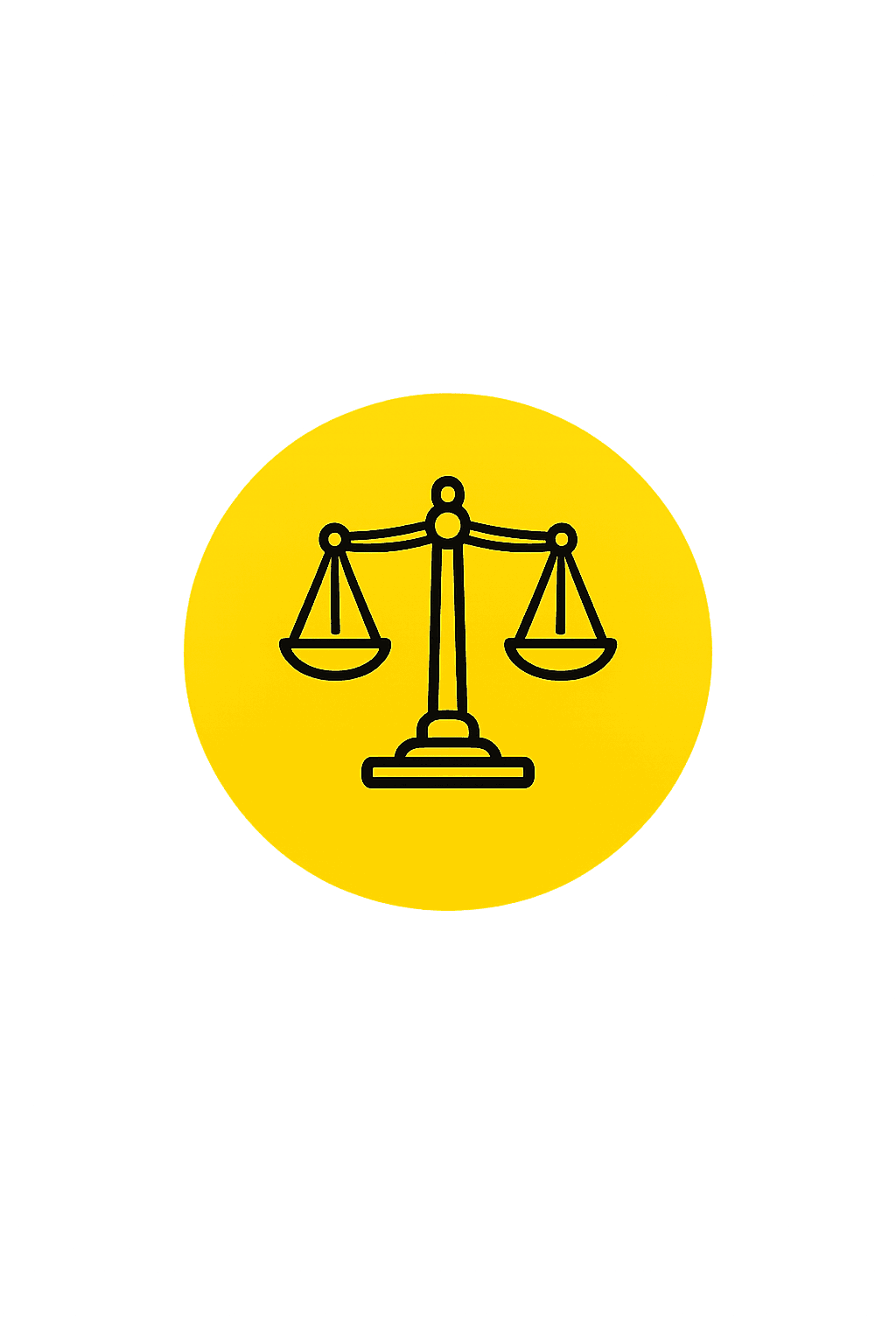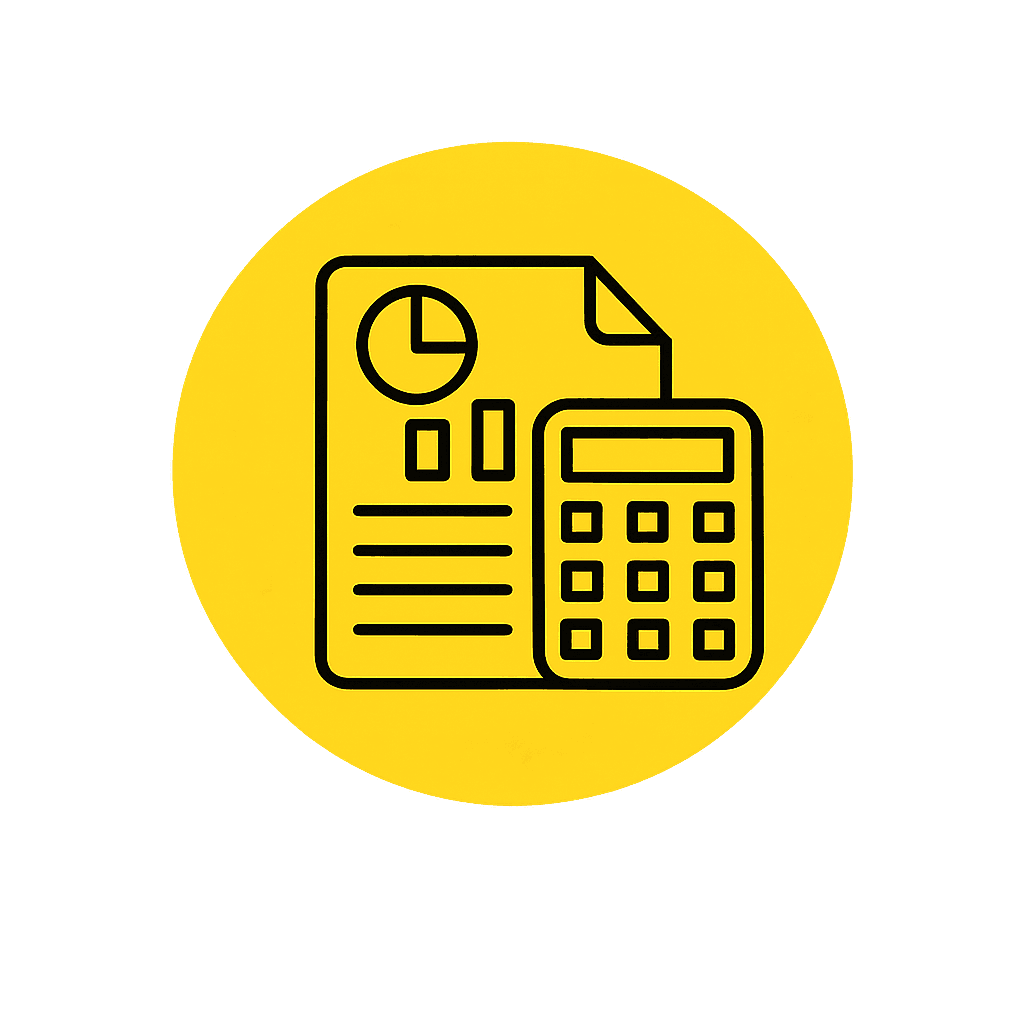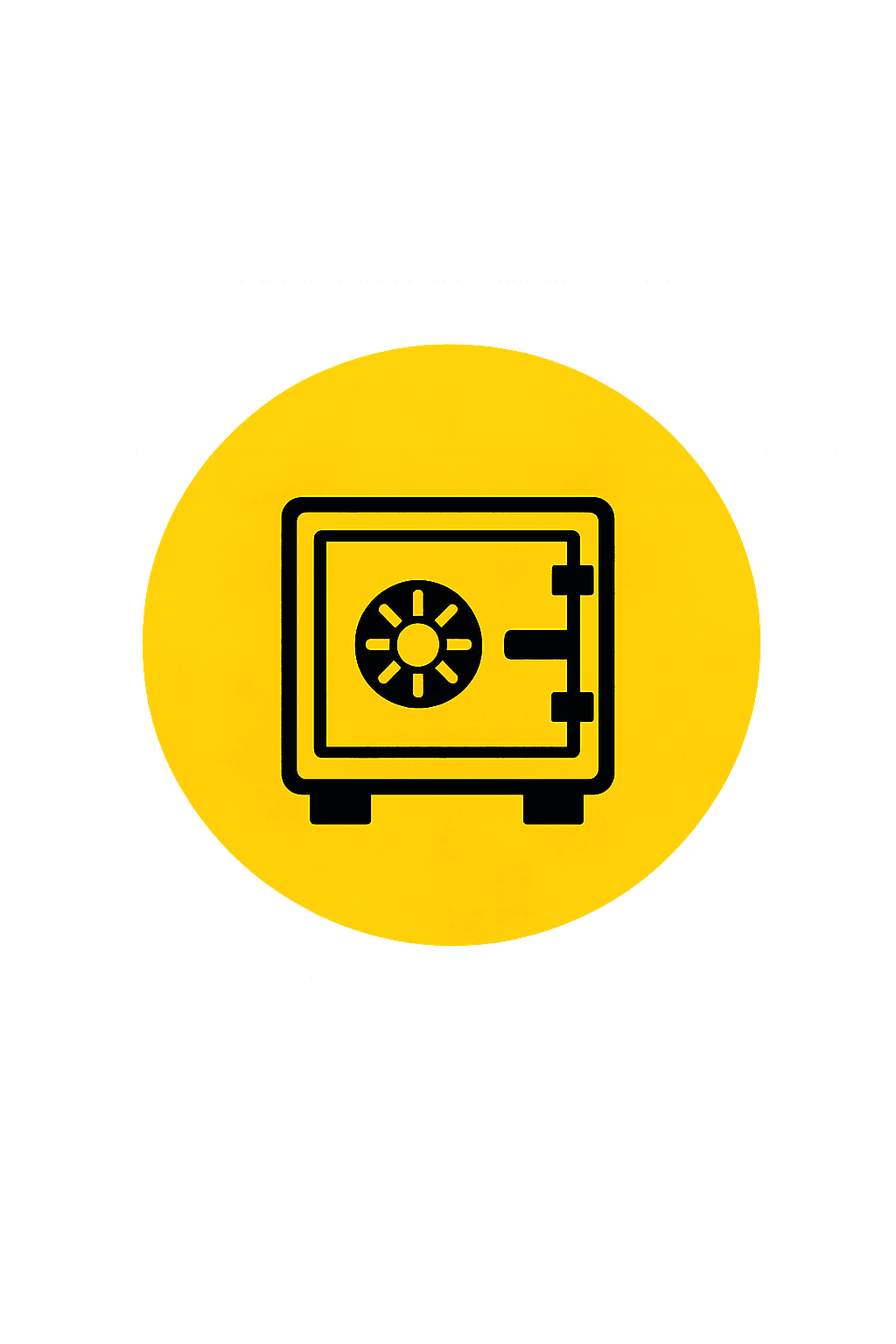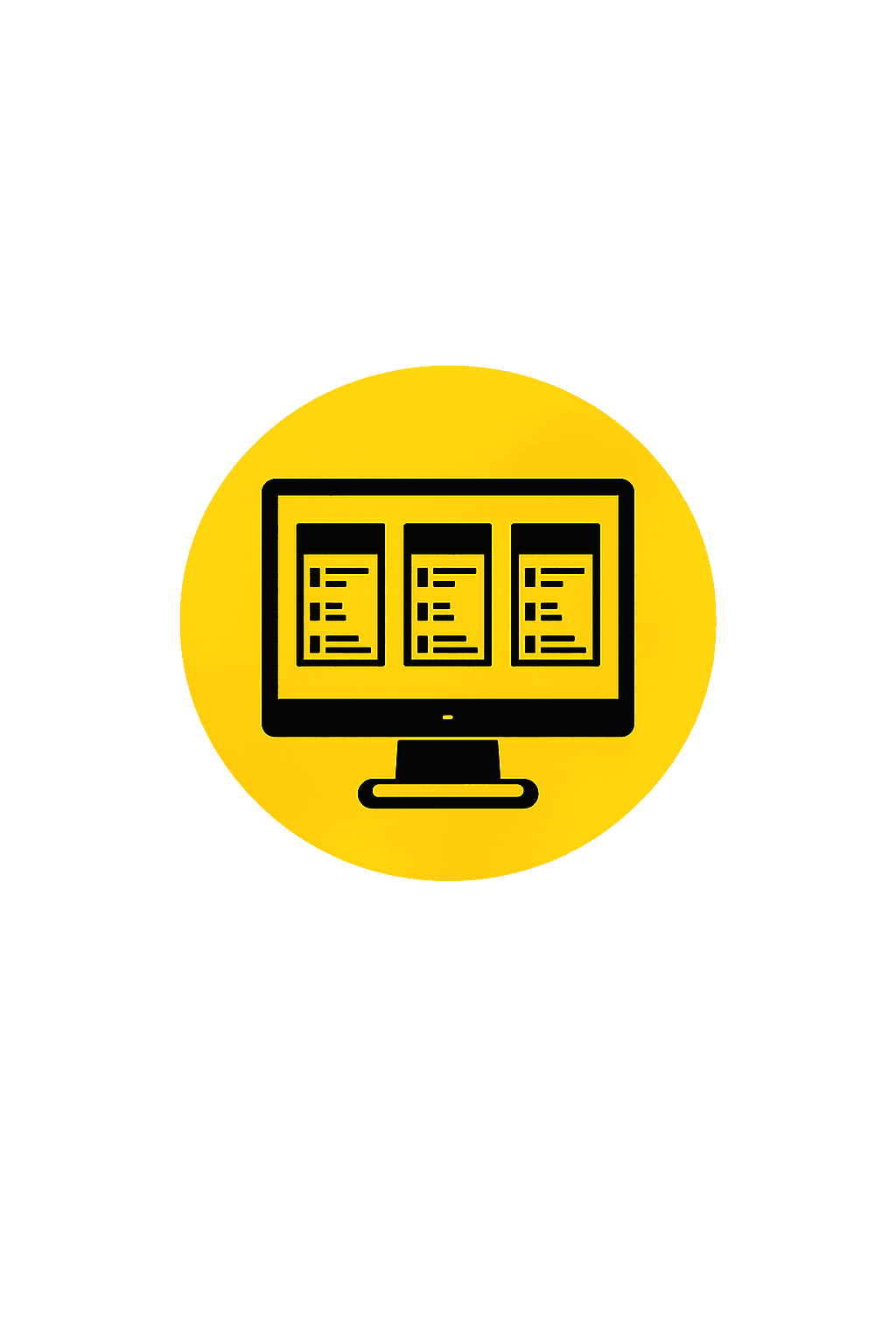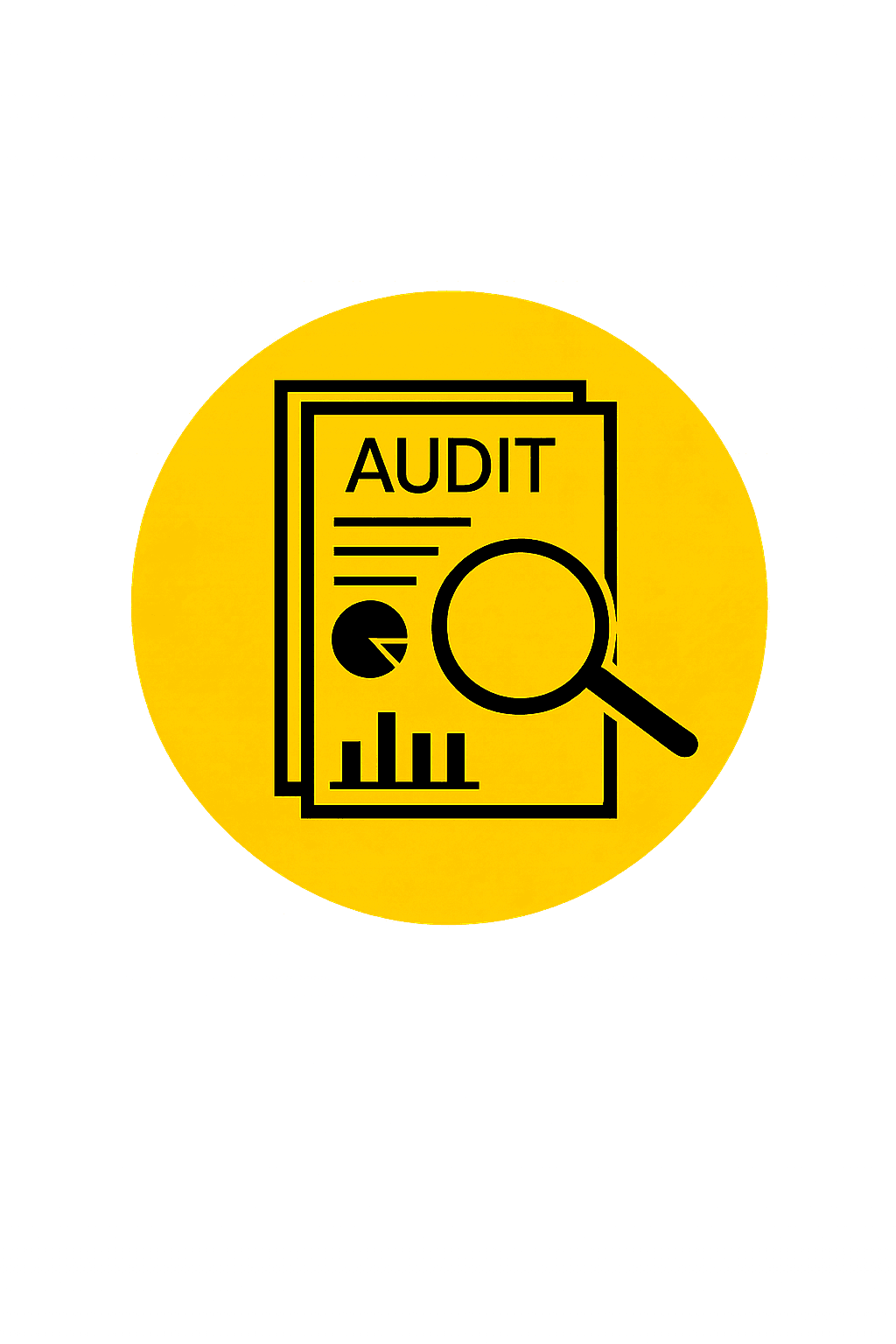Switzerland: A Premier Banking Destination
Switzerland, often touted as one of the best countries in the world to open a bank account, welcomes residents from across the globe to establish Swiss banking relationships. The Swiss financial sector holds a pivotal position in the country’s economy, with banking serving as a robust and well-developed industry.
Swiss Banking Law
The backbone of banking operations in Switzerland is the Federal Act on Banks and Savings Banks, commonly referred to as the Banking Law of 1934. While Swiss banks were once synonymous with strict client confidentiality, revisions to this law in 2009 allowed for the disclosure of account owner information via tax treaties with other nations.
Why Opt for a Swiss Bank Account?
Despite the shift in regulations regarding bank secrecy, Switzerland continues to be a favored global banking destination, thanks to its professional and secure banking system. The country has instituted comprehensive deposit protection measures, ensuring the safety of all deposit types, including securities, in the event of a bank’s insolvency.
Eligibility for a Swiss Bank Account
Switzerland‘s thriving banking industry extends its arms to both individuals and companies of any nationality, without the need for a residential address or legal presence in the country. Moreover, the convenience of remotely opening a Swiss bank account through services like Damalion is available to foreign individuals and companies.
Types of Swiss Bank Accounts
Switzerland‘s landscape comprises 26 Swiss cantons, 24 of which host cantonal banks regulated by cantonal laws. The country also boasts 13 private banks, some with a rich history, primarily dedicated to managing assets for private clients. Swiss banks offer an array of account types catering to customers’ residency status and whether they are individuals or legal entities. Residents can select from current accounts for daily transactions, salary accounts, and savings accounts offering competitive interest rates.
The available account options for clients opening bank accounts in Switzerland include:
- Personal Bank Account: A Swiss standard account suitable for salary deposits, payments, and securities transactions.
- Savings Bank Account: Designed for saving money and earning interest.
- Swiss Investment Account: Ideal for individuals looking to invest their assets.
Swiss bank accounts can be denominated in various currencies, such as Swiss francs, U.S. dollars, euros, or British pounds.
Opening a Bank Account in Switzerland for Individuals
Individuals can initiate the process of opening a Swiss bank account in person at their chosen bank, through postal services, or via email. While each Swiss bank may have specific requirements, the following documents are commonly requested:
- Notarized copies of the client’s passport.
- Proof of funds to be deposited, in compliance with anti-money laundering regulations.
- Proof of residency.
- Contact information.
Clients may also need to disclose the intended use of their funds.
Opening a Corporate Bank Account for a Business in Switzerland
For foreign entrepreneurs establishing businesses in Switzerland, connecting local bank accounts to their financial operations is crucial. Opening a Swiss business bank account often precedes the incorporation of the company with the Trade Registrar, as a bank statement confirming the deposit of the share capital is typically required. When applying to open a corporate bank account, the following documents are generally needed:
- Identification documents for company shareholders.
- Business incorporation details.
- Details about the desired account type, services, and usage intentions.
Banks may also request information concerning the company’s activities and business plans to assess its financial stability.
Opening a Swiss Bank Account as a Non-Resident
Many foreign individuals opt for Swiss bank accounts due to the privacy offered by Swiss institutions. However, Switzerland has implemented regulations and adheres to international standards to enhance bank account protection, including reporting suspicious activities. Non-residents can establish accounts in Switzerland, provided they meet certain requirements and are of legal age. Thanks to Switzerland’s developed banking system, non-residents can often initiate the account opening process online. Alternatively, third-party service providers like Damalion can assist individuals in opening accounts on their behalf. Some banks may require clients to visit in person to finalize the account opening process.
Similar to Swiss residents, non-residents will need to provide identification documents, proof of income sources, and address information to the chosen bank. Additional documentation may be necessary for foreign citizens.
Setting Up Accounts for Online Businesses in Switzerland
Merchant accounts, commonly used by e-commerce businesses, enable online payments for clients. These accounts are established not directly with Swiss banks but with specialized service providers. Nevertheless, they can be connected to corporate bank accounts, making them essential for e-commerce businesses. Typically, the same set of documents required for opening a corporate account is needed when setting up a merchant account.
The Costs Associated with Opening a Swiss Bank Account
The general costs associated with opening a bank account in Switzerland are similar to those in other countries, although policies may vary among banks. Some banks might have lower or no setup costs but impose higher maintenance fees or require a larger initial deposit. However, with each bank offering unique services, clients can find an option that suits their needs. The costs of a Swiss bank account depend on factors such as the account type, the size of the bank, and the range of services offered. The initial deposit is a crucial consideration, especially for personal bank accounts, where non-residents may be required to deposit a slightly higher amount compared to Swiss residents.
Bank Account Succession
Before opening a Swiss bank account, it’s important to understand the concept of bank account succession in Switzerland. To simplify the process for heirs, estate planning solutions like trusts and foundations are available to both foreign and Swiss citizens. While setting up trusts in Switzerland is less common, foreign trusts are recognized by Swiss courts. Foundations, on the other hand, are frequently used estate planning tools in Switzerland.
Bank Account Inheritance
In Switzerland, bank account inheritance falls under two categories: co-ownership and joint tenancy, recognized by Swiss inheritance laws. Co-ownership pertains to assets acquired during marriage, while joint tenancy refers to assets held by multiple heirs. Wills typically contain provisions for the transfer of all assets, including bank accounts, upon succession, and Swiss banks unfailingly follow these instructions provided by the account holder regarding their heirs.
If an account holder passes away without leaving a will, the succession of the bank account will comply with the relevant inheritance regulations.
Ready to Open Your Swiss Bank Account?
Whether you’re interested in opening a personal or business bank account in Switzerland, Damalion can provide the guidance and support you need to navigate the process smoothly. Get in touch with your Damalion expert today to start your journey toward a secure and prestigious Swiss banking relationship.
Open a bank account in Switzerland: who qualifies, which documents matter, how remote onboarding works, and how to keep payments smooth once the account is live.
For individuals, entrepreneurs, family offices, holding companies, SPVs, and international groups
Damalion facilitates bank pre-screens aligned with your profile, structures the KYC file, coordinates video identification, certified translations and apostilles when required, and helps you set user rights and payment controls.
Last updated: 13 September 2025Why open a Swiss bank account now?
Swiss banks handle cross-border clients every day. If your income, investments, or business activity spans several countries, you’ll find clear rules, reliable tools, and staff who understand international paperwork.
Who can apply and what do banks review?
Both natural persons and legal entities can be accepted after a standard risk review. The institution checks identity, tax residency, origin of funds and wealth, expected activity, and your typical counterparties.
- Individuals: passport, recent proof of address, tax identifiers where applicable, and a short wealth background with supporting evidence.
- Companies and SPVs: fresh register extract, articles, shareholder and director registers, UBO chart, a board resolution to open the account, and initial contracts that explain the first transfers.
- Funds and managers: constitutional documents, mandate letters, regulatory status where relevant, and a clear description of inflows and outflows.
Which documents should you prepare before you speak to the bank?
A tidy file speeds up the review. Keep names, dates, and addresses consistent across every page.
- Certified copies of IDs and recent address proofs; legalization or apostille can be needed depending on the country of issue.
- Corporate set: register extract (recent), articles, beneficial-ownership chart up to the individuals, and board minutes.
- Origin of funds and origin of wealth: audited accounts, sale deeds, portfolio statements, employment or dividend records.
- Tax self-certifications (CRS/FATCA) and PEP/sanctions declarations when requested.
- Sworn translations if the bank does not accept the original language.
What will your account look like in practice?
Think about weekly use and set clear rules from day one so payments flow without friction.
- Multi-currency access. CHF by default, with possible EUR, USD, GBP and others depending on the bank and your profile.
- Online banking with roles. User rights, alerts, and dual approval for higher amounts help prevent errors and fraud.
- Cross-border payments. Routine handling of international counterparties with cut-off times and fees you can plan for.
- Custody and investments. For eligible profiles, access to custody, execution, and portfolio reporting.
- Clear AML expectations. Periodic reviews are normal; a consistent file makes them quick.
How do you open a Swiss bank account step by step?
This sequence keeps your file consistent and your timeline realistic.
- Shortlist the right institutions. We match your activity and jurisdictions with banks that can support them.
- Build a coherent KYC file. We align documents and finalize the beneficial-ownership chart.
- Explain funds and flows. A short note and supporting contracts make the first transfers easy to approve.
- Complete identification. Video or in-person, depending on the bank’s policy and services requested.
- Set access and limits. Users, cards, alerts, and dual approval where sensible.
- Start operations with context. Attach supporting documents to significant payments to avoid holds.
Can you open the account fully remotely?
Many institutions accept video identification and secure delivery of originals. Some services still require a single visit from an authorized signatory. We organize the path that fits your schedule and risk profile.
What causes delays and how do you avoid them?
Most delays come from inconsistent data or missing evidence. A single, well-named folder shared with the banking team keeps questions to a minimum.
- Mismatches between passports, registers, and forms.
- Weak documentation for the origin of wealth.
- Poorly described counterparties in higher-risk countries.
- Large first transfers without contracts or schedules.
Swiss onboarding at a glance
| Topic | What to expect |
|---|---|
| Identification | Video is common; originals or apostilles may still be needed |
| Documents | ID, address, corporate set, UBO chart, CRS/FATCA, proofs of funds/wealth |
| Access | Online banking, user roles, alerts, limits, cards |
| Timeline | Faster with a consistent file and clear first-payment context |
| Damalion’s role | Pre-screens, KYC assembly, identification, and access setup |

















